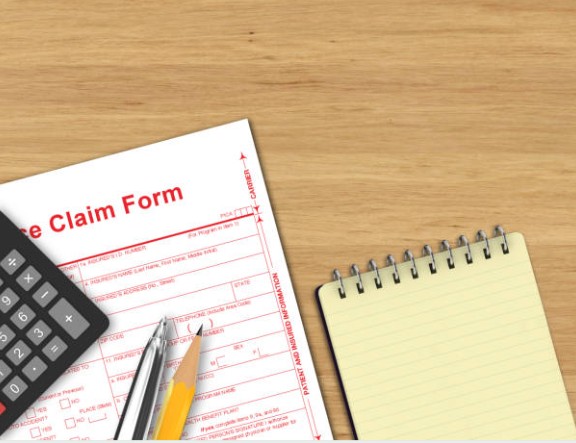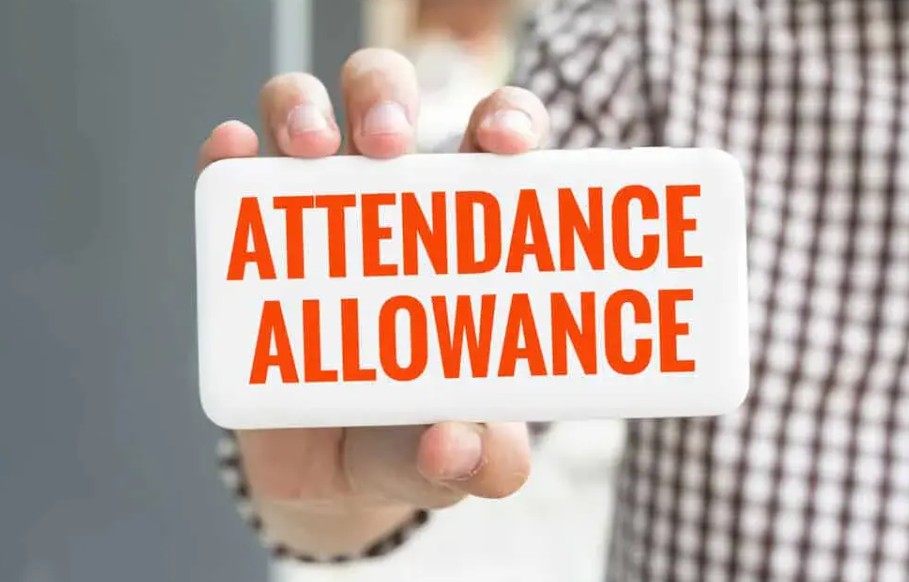Introduction
Attendance Allowance is a valuable financial benefit offered to individuals over the State Pension age in the UK who need support due to physical or mental health conditions. However, many applicants find themselves tripped up by common mistakes that lead to delays or outright rejections. In this guide, we explore the most frequent attendance allowance pitfalls and how you can confidently avoid them to ensure your claim has the best chance of success.
What is Attendance Allowance?
In simple terms, Attendance Allowance is a non-means-tested benefit provided by the Department for Work and Pensions (DWP) to help older individuals who require assistance with personal care. It is not based on your income or savings, making it accessible to a wide range of people regardless of their financial background.
To be eligible, you must be over State Pension age and have had a disability or illness that affects your daily life for at least six months. This could include difficulty with tasks like washing, dressing, or needing supervision for your safety. The benefit is designed to ease the burden of care-related costs and enhance your quality of life.
Why Are So Many Attendance Allowance Claims Rejected?

The rejection rate for Attendance Allowance is surprisingly high, with more than half of applications initially unsuccessful. This is not necessarily because applicants are ineligible, but more often because they fail to communicate their needs effectively on the form. Inaccurate or vague information, underreporting care needs, and a lack of supporting evidence are among the most common reasons for refusal.
Applicants often assume that because they can manage some tasks on their own, they won’t qualify. Others don’t realise that tasks carried out unsafely or slowly still count toward eligibility. Failing to present a complete picture of how a health condition affects daily life is one of the most significant pitfalls.
What Are the Common Pitfalls to Avoid When Applying?
Withholding or Downplaying Your Needs
One of the most common mistakes people make is underreporting their condition. Whether due to pride, habit, or uncertainty about what counts as a care need, many applicants provide overly modest answers. This can result in an underestimation of how much help is truly needed.
It’s important to describe your difficulties honestly and clearly. For instance, if pain or fatigue causes you to struggle with cooking, dressing, or getting out of bed, this should be fully explained. Even if a task is done independently, if it takes much longer or causes discomfort, that still matters.
Exaggerating Can Be Just as Harmful
On the other side of the spectrum, exaggerating your symptoms might seem like a way to ensure success, but it can damage your credibility. Claims that appear inconsistent or unrealistic may be flagged for further scrutiny or rejected altogether. It’s best to offer an accurate and honest account, backed by real examples from your daily life.
Assuming You Don’t Qualify Because of Your Finances
Many people mistakenly believe that Attendance Allowance is means-tested. In reality, this benefit is entirely based on care needs and not affected by income or savings. This myth leads to eligible individuals missing out on crucial support simply because they never applied. If your health condition or disability means you need care or supervision, then you could be eligible, regardless of your financial circumstances.
Not Updating the DWP After Health Changes
Health conditions are not static. As time passes, they may worsen or require more support. Failing to inform the DWP about changes can result in continued payments at a lower rate than you’re entitled to. If your circumstances change significantly, you can request a reassessment to ensure your benefit level is appropriate.
Incomplete or Incorrect Claim Forms

The Attendance Allowance form is long and can feel daunting. However, rushing through it or giving brief, unclear answers can seriously hurt your claim. Avoid phrases like “I manage” or “sometimes” without explaining what that means. Instead of bulleting care tasks, write detailed, real-life examples of how and when help is needed.
Applying Without Supporting Evidence
While it’s not strictly required to include medical documents, doing so can make your application much stronger. A brief note from a GP, specialist, or carer explaining the condition and its impact can offer the clarity a decision-maker needs.
How Can You Strengthen Your Attendance Allowance Application?
To build a compelling application, it’s helpful to keep a short diary for a week or two, noting the times you need assistance or face challenges in your routine. This not only helps you remember the details when filling out the form, but also gives the DWP a clear picture of your daily reality.
Seeking advice from organisations like Citizens Advice or Age UK can also provide valuable insight. These organisations often have experience in filling out benefit forms and can help ensure that you represent your condition accurately and completely.
What If Your Application Gets Rejected?
A rejected claim doesn’t mean the end of the road. If you believe the decision was incorrect, you can ask the DWP for a Mandatory Reconsideration, where they will review your application again. This needs to be done within one month of receiving the decision.
If that still results in a refusal, you can appeal the case to an independent tribunal. At this stage, it helps to include new or more detailed evidence, such as updated medical reports or statements from carers and family members who are aware of your care needs.
Support Services to Help with Your Application
Here are some trusted UK-based services that can help:
| Organisation | Support Offered | Website |
|---|---|---|
| Citizens Advice | Benefit from guidance and appeals help | citizensadvice.org.uk |
| Age UK | Advice for elderly applicants and carers | ageuk.org.uk |
| Carers UK | Information for people providing care | carersuk.org |
Conclusion
Applying for Attendance Allowance is not just about filling in a form—it’s about telling your story accurately. By avoiding these common attendance allowance pitfalls, you increase your chances of securing the financial support you need. Honesty, clarity, and preparation are your best tools. If in doubt, don’t hesitate to seek advice. The support is there—you just need to make sure your application clearly shows why you need it.
Frequently Asked Questions
Do I need a formal diagnosis to apply?
Not necessarily. While a diagnosis can support your case, what matters most is how the condition affects your ability to manage personal care.
Will my income or savings affect my claim?
No. Attendance Allowance is not means-tested, so financial details are not part of the eligibility criteria.
Can someone else claim on my behalf?
Yes. A relative, friend, or carer can fill in the form on your behalf if you’re unable to do so. They should explain your condition in detail and sign the form appropriately.

Leave a Reply